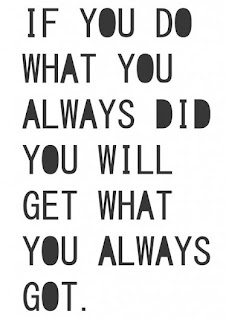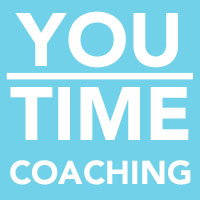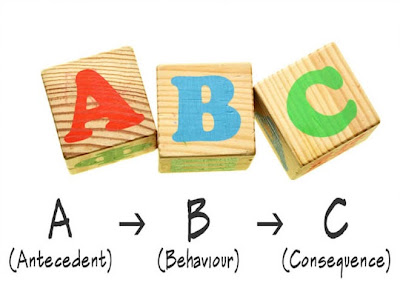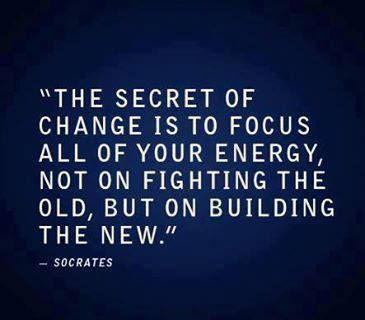Dr. John Norcross is a Professor of Psychology & Psychiatry as well as an expert on changing human behavior. With over 30 years of backed research the “Stages of Change” have been developed and have helped thousands of individual see sustainable personal/professional change.

Stemming from research based out of my undergraduate alma mater, University of Rhode Island, the “Trans-theoretical Model” became the go to formula for successful change.
One aspect of change is to conduct a little detective work in identifying what may be wrong and why it is happening in the first place. This is commonly referred to as your “Behavioral Chain”.
A Little Bit About the ABC’s
Antecedents
- Occurs prior to the event and may trigger you to act a particular way.
- Can include your environment, the people around you, the interaction with the individuals with you, and your mood.
- Some detective questioning could include; Who are you with when you experience this behavior? What mood are you in when this behavior presents itself (sad, stressed, happy, bored, anxious…etc)? What time of day does this behavior typically come out (morning, day, night)?
Behavior
- The problem behavior
- Also, the healthy alternatives to the problem behavior.
Consequence
- Occur after the problem and usually rely on what the specific problem is.
- *BEWARE* Short-term consequences can be very rewarding (taste good, relaxing…etc)
- *BEWARE* Long-term consequences can be painful and destructive (heart disease, stroke, cancers, obesity, diabetes…etc)
- We favor instant gratification rather then delayed gratification.
- Recording long-term consequences is just as important as recording the short-term.
A few tips on how to use the ABC’s to change your behavior
- Explore the antecedents to your behavior and find healthy alternative environments and social groups to prevent triggers that promote your problem behavior.
- Create new healthier alternatives and substitutes to meet your need for variety, fun, and freedom. Learn a new relaxation technique or coping skills to get you through triggering antecedents.
- Reverse the consequence to your problem behavior and work backward through the ABC’s to see what new antecedents and behaviors are necessary to end up with this new outcome.
Check out this great worksheet for your
ABC’s and behavioral chain:
*Derived from Changeology By: John Norcross, PhD


